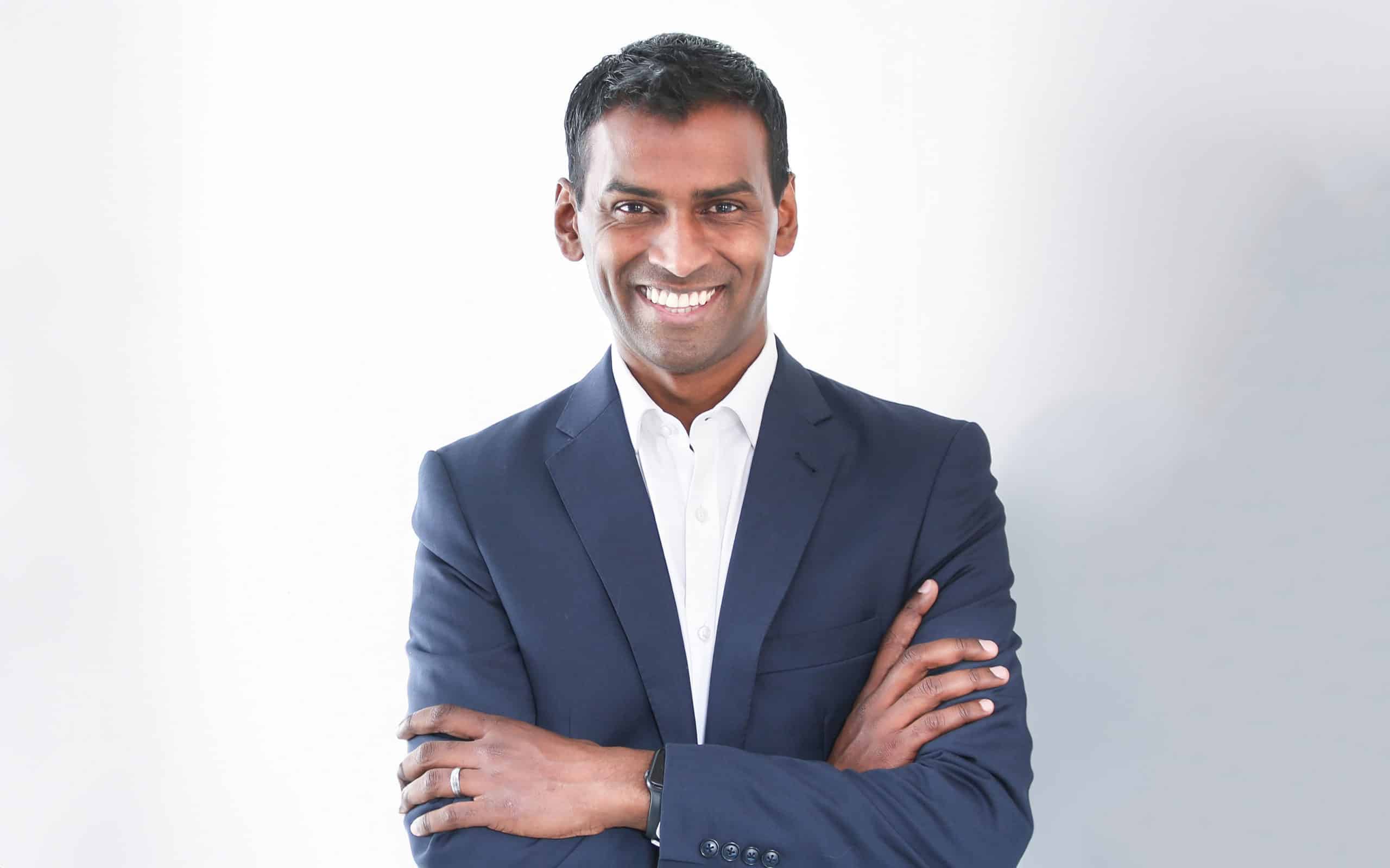Across Africa, a revolution is brewing, one of empowerment, driven by a simple transformative force: financial inclusion. By ensuring that more Africans have access to essential financial services, I believe we can not only accelerate economic growth, but also begin to solve some of the continent’s most pressing issues.
Africa has always been a continent of immense potential, with abundant resources, a young and growing population, and a vibrant entrepreneurial spirit. But financial inclusion has been a key missing piece, with only 43% of sub-Saharan Africa’s population having a traditional bank account, according to the International Monetary Fund (IMF).
Traditional banking systems, often reliant on brick-and-mortar access, have failed to reach vast swathes of the population. This has left millions trapped in a cycle of poverty – unable to save for emergencies, invest in businesses, or weather financial shocks.
The tide is turning, however, thanks to the rise of mobile money and other digital financial technologies, as well as the use of alternative data for credit scoring. These tools are by-passing traditional limitations, reaching even the most remote corners of the continent.
For TransUnion, financial inclusion is about so much more than giving consumers access to financial products and services. It’s about giving them access to hope, to a better life for their families. It’s about giving small businesses the chance they need to scale, to create new jobs, to contribute to economic growth. It’s about solving problems that matter.
Loading...
Of course, the journey is not without challenges: infrastructure gaps, regulatory hurdles and digital illiteracy all need to be addressed. But we cannot deny the potential benefits.
The role of our youth cannot be underestimated, given that the reported average population age across Africa’s 54 countries is 18.8 years. Given this breathtaking statistic, we must focus on providing key services such as education, family planning and healthcare, and combine that with employment opportunities. If we do that, the IMF predicts that Africa’s demographic dividend will lead to quickly expanding economic growth – as much as 1.5% per year.
In addition, Africa’s young population represents a significant part of the future global consumer market. The span of the demand globally and across the continent will lead to greater integration and collaboration across the continent, and greater regional demand of services and products.
Finally, Africa’s youth are key to driving innovation and challenging existing business models and will create up to 80% of employment across the continent – we need to tap into
that significant potential for the continent’s future prosperity.
Alternative data a key ingredient to greater financial inclusion
In a very competitive global market, businesses, both large and small, will need to use technologies and alternate data-sets to understand and grow their customer base and those customers’ loyalty.
These datasets are also vital for financial institutions. Credit scoring, for instance, is more challenging in cash-dependent markets – we need to be able to assess the individual and their business potential where applicable, and we can do that by integrating alternative data from mobile money and other non-traditional data sources. For example, through TransUnion Africa’s strategic partnership with Chenosis, alternative telcos data can now be included in credit scores, expanding access to financial services for Rwandan and Zambian consumers.
Alternative data makes those who were once credit-invisible visible – and thus scorable. Telcos data can bridge the information gap between traditional credit information and the data generated by consumers and entrepreneurs when they use their mobile phone. This gives lenders a record of their ability to make regular or semi-regular payments and can help
demonstrate the ability to afford monthly credit repayments.
Collaboration is the name of the game – if governments, financial institutions, fintech companies and civil society work together, we can overcome these challenges, unlock the power of financial inclusion and usher in a new era of prosperity and progress for Africa for generations to come.
Loading...
